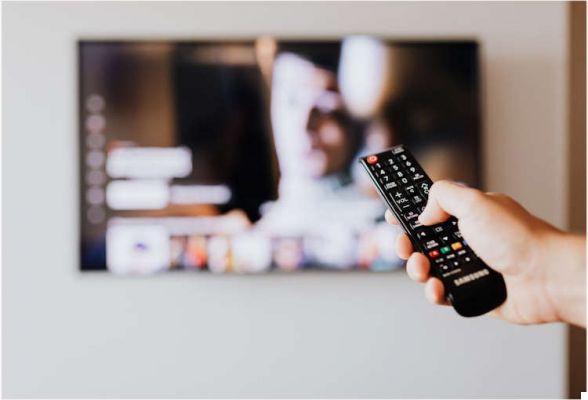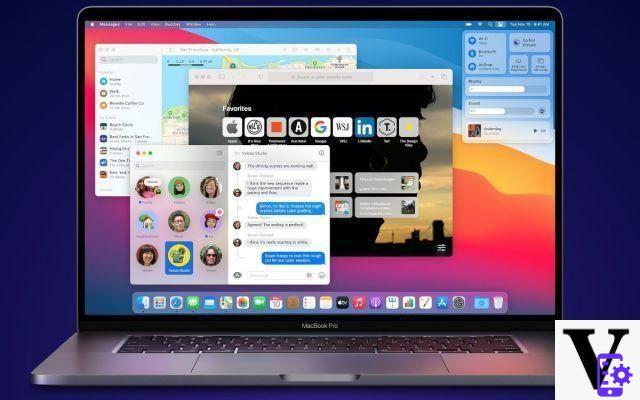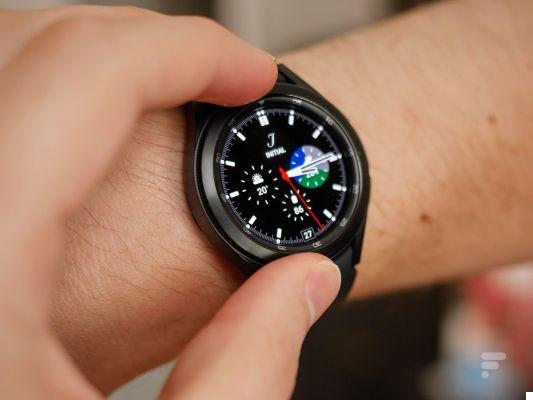The Internet is often described as a tool capable of making us discover places and people even very far from us. But in reality the Web also has the power to connect us with a much closer dimension, namely the our neighborhood. This is precisely the concept behind the platform Nextdoor, un social network private for themselves and their neighborhood. But what exactly is it, and how does Nextdoor work? What are the advantages of using this social network? To answer this and other questions, we met Amedeo Galano, Head of Community di Nextdoor for Italy.
READ ALSO: Facebook, Instagram and WhatsApp: the new Social Family
How Nextdoor Works
Born in the United States in 2008, the platform aims to give the various districts a space exclusive in which to grow and interact as community. The activities concerning a certain area, in fact, are limited to local users, in order to favor the connection between people and businesses close to each other.
If these types of social groups are already somehow spontaneously born on other platforms, like Facebook, Nextdoor aims to be the ultimate tool for shapingdigital extension of your neighborhood. Both from the website and from the app it is possible, in fact:
- publish posts and announcements e interact with the posts of others
- to exchange Message with their neighbors
- create and share events
- sell and give away items
- confront other people on the safety of the neighborhood and make reports to competent authorities
- interface with local institutions
When registering, you must use your real name and verify your address through the geo-location. However, this information is used only for verification and assignment to the right neighborhood, and no personal data is shared or sold to third parts. Nextdoor does not even profile theage and sex of their users.
In this regard, Amedeo tells us "We do not sell data, we do not sell your interests [...] and this is a unique thing, which makes us not only GDPR-compliant [compliant with the European General Data Protection Regulation], but it is part of our policy. You are in a private neighborhood, it would be counterintuitive to sell what you write or what you do in your neighborhood, because it is Your. "
He continues, explaining what the company's business model is, at least in America: "But what we do is clearly give you the opportunity to see ads that are relevant based on te and third party data [...] is not the person, but theadvertisement, a pagarci “.
In Italy, however, the company is not yet profitable: for now it is concentrating on raising funding (the latest round of funding, to be 141 million, brings the money raised in total to more than 400 million) and on growing and building, without immediately thinking about profit and making sure to meet the needs of consumers.
"[This approach] gives us the opportunity to stop for a moment and think about what the Italian needs [...] What we are doing is locate the product, consequently many investments have gone into growth. Now I'd like […] changes in the product [itself] too, and they're coming. "
Nextdoor in Italia
Since his arrival in Italy inautumn of the 2018, the social network has found, in the beautiful country, a very fertile soil regarding this digital community model, especially in cities like Milan e Bologna. This has led to growth organic e natural of the platform, without the need for particularly strong marketing campaigns for now.
The presence of the so-called 'ambasciatori’, chosen from the most active and willing users to help spread the application among neighbors and other areas. These figures act as leaders, able to bring together the people of the neighborhood and bring out the best of them, both within the neighborhood and in its relationship with other areas.
To win the trust of the Italians, despite the American origin, the app has relied on a team PR Italian, able to relate to the best of the local socio-cultural context. As for the numbers of subscribers, again for a matter of confidentiality and privacy, Nextdoor has not revealed the exact figures. But taking the example of Milan, he revealed the number of mapped neighborhoods (about 550), with more than 90% of these launched. By 'launched' we mean a neighborhood that has been used by at least 10 people, but the average is much higher: in the center we talk about 150 users per district, with peaks also of 600 unit.
As far as regional diffusion is concerned, the North “wins” over the South, but due to the latter's lesser need for a service of this type. In the South, in fact, the local communities tend to be already more neighbors e rooted, and a specific platform is less necessary, as in the North, to bring neighborhoods together. This does not mean, however, that even southern cities cannot benefit from this tool, which saves time and creates a unique synergy between neighbors.
The digital future of neighborhoods and the platform
But what are the future prospects for the platform? The ideas are many and varied, but there is still one certainty: any kind of progress will take place at the same pace as the growth of local realities. The idea is, in fact, that, in addition to connecting the various neighborhoods on a social level, to rediscover the small and medium-sized businesses in the neighborhood. This is at the moment already possible, by the commercial operators, by organizing Events and making yourself more visible to potential customers. In the future, however, this type of advertising could evolve, with exclusive promotions e discounts.
“I do not exclude that in the future we will be able to think of alternative solutions, it could be for example the neighborhood bar that has the opportunity to put a discount. We have now tested these kinds of promotions in America, where for example a local says 'Today there is a coffee offer for $ 5', and then he will pay [the platform] maybe every time this offer is redeemed. Personally this [type of solution] offline I like it very much […], because the small café cannot compete with the chain like McDonald's in advertising, while it can do it locally. This thing also strengthens the core brand di Nextdoor, it makes it better perceived locally. "
This perspective is also joined by possible improvements to the platform. In fact, if the "closure" of the various neighborhoods to the neighborhood alone is in line with the local focus, at times, especially for thematic groups and events, this dimension is a bit tight, and the need arises to involve people from neighboring neighborhoods as well. That's why Nextdoor is ready to launch i interest groups, that is containers of discussions and contents that are less geographically limited, but still well separated from the notice board of the neighborhood.
Another step towards the future is an even greater involvement of institutions. If already now, for the various districts, there is already a dedicated section, the goal is to expand the possibility for citizens to get in touch, directly from the app, with public entities and local law enforcement, in order to report any inconvenience and needs. Furthermore, in the future, the possibility for public bodies to report any warnings (public works, interruption of services, localized emergencies) to every single district is not excluded.
Become a digital neighbor too
Now that you know how Nextdoor works, and have an idea of its usefulness and future prospects, you might want to join this exciting and innovative platform too. As already explained at the beginning of the article, the registration procedure is very simple, and takes a few minutes. It is possible to register both from the official website and from the application, available for both Android that for iOS. So you have no more excuses not to try to participate more actively in the digital life of your neighborhood, and who knows, maybe make new ties and friendships.
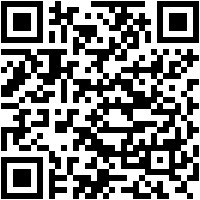
 Nextdoor QR-Code Download: Local News, Events & Recommendations Developer: Nextdoor.com Price: Free
Nextdoor QR-Code Download: Local News, Events & Recommendations Developer: Nextdoor.com Price: Free
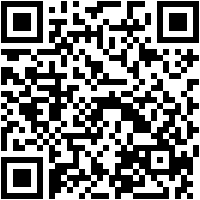
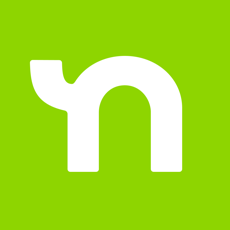 Download
QR-Code
Nextdoor. L'app del quartiere
Developer:
Nextdoor
Price:
Free
[amazon_link asins=’B00TDNYNP8,B07MH1HLPZ,B06XDT22GB’ template=’ProductCarousel’ store=’gamspri02-21′ marketplace=’IT’ link_id=’08007f5f-2fb1-4778-a653-45823f73cc53′]
TagsNextdoor piattaforma sicurezza urbana social network
How it works and why to use Nextdoor, the private social network for your neighborhood
Download
QR-Code
Nextdoor. L'app del quartiere
Developer:
Nextdoor
Price:
Free
[amazon_link asins=’B00TDNYNP8,B07MH1HLPZ,B06XDT22GB’ template=’ProductCarousel’ store=’gamspri02-21′ marketplace=’IT’ link_id=’08007f5f-2fb1-4778-a653-45823f73cc53′]
TagsNextdoor piattaforma sicurezza urbana social network
How it works and why to use Nextdoor, the private social network for your neighborhood





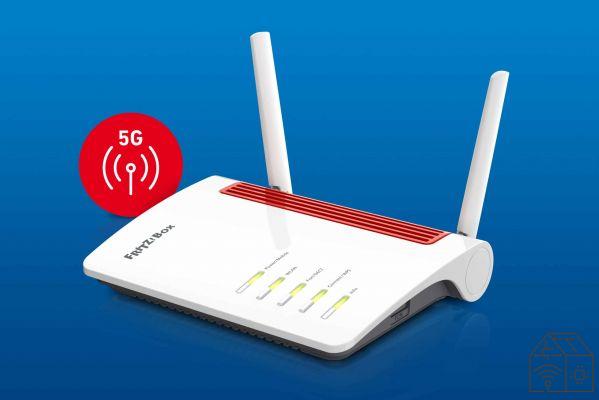

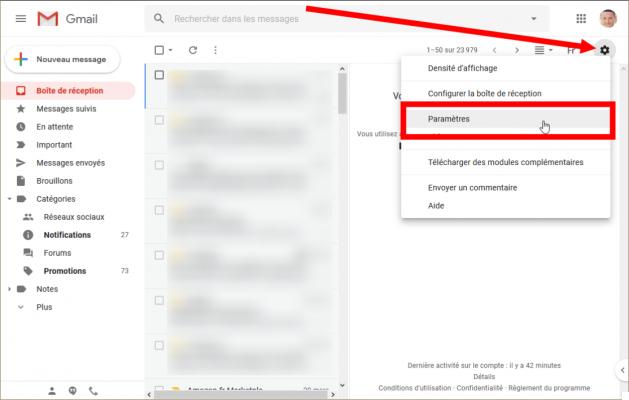

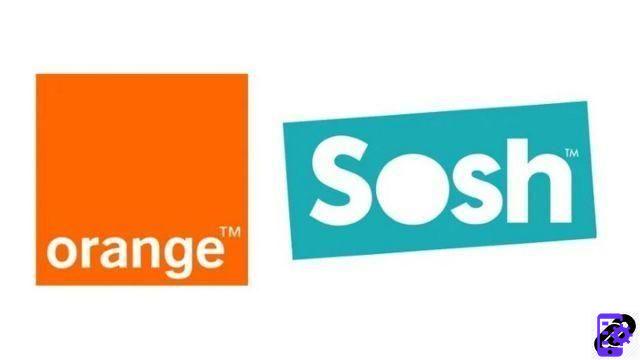
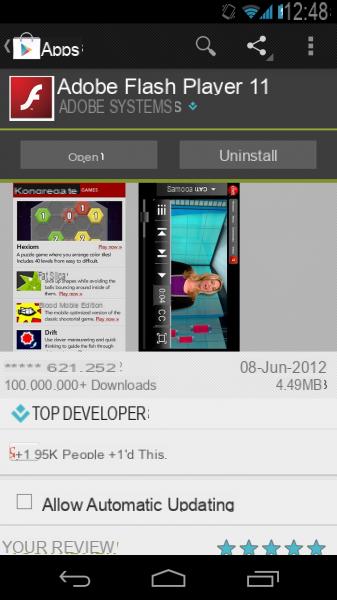


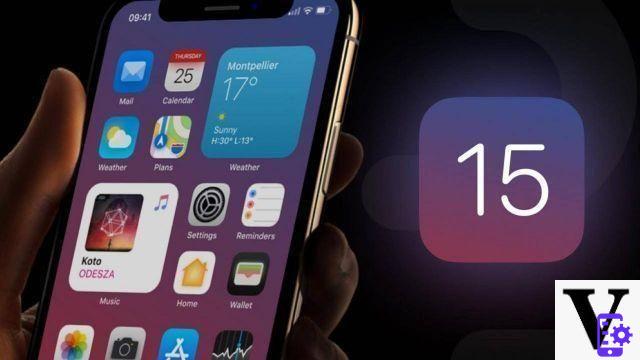
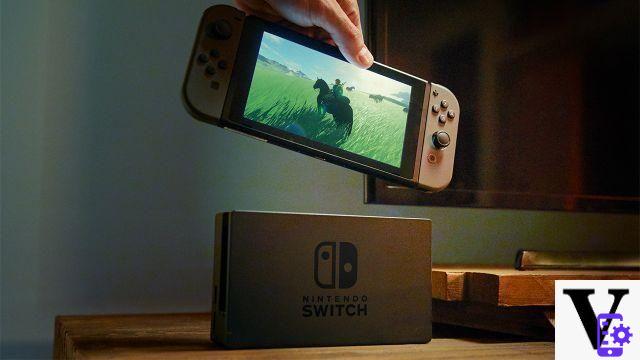
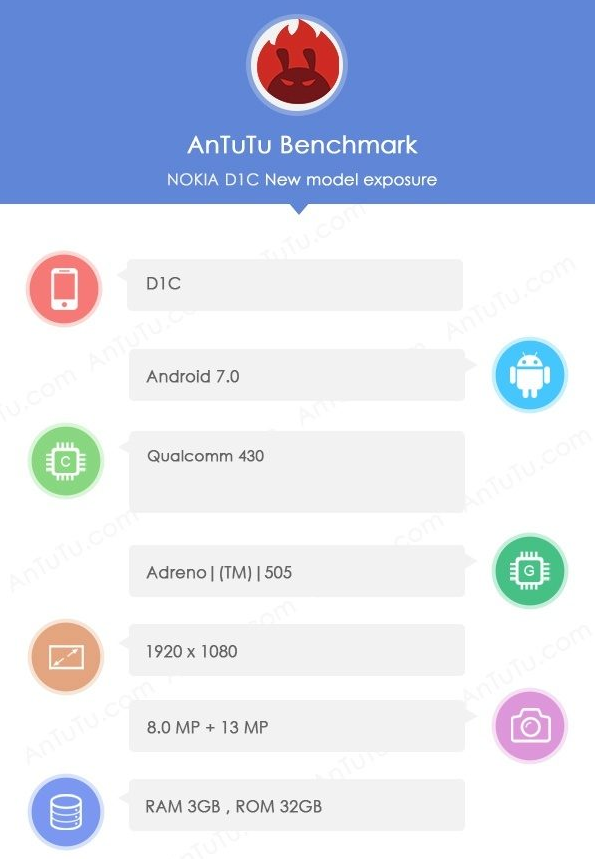
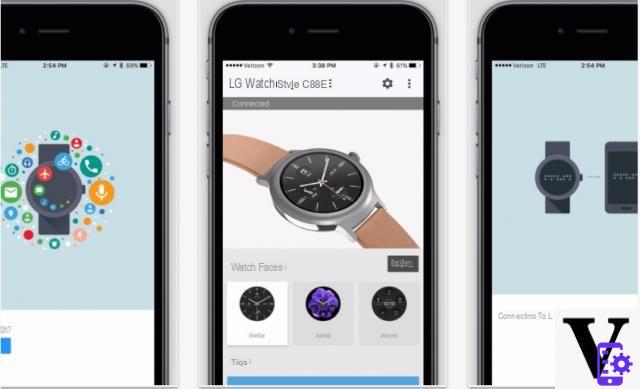
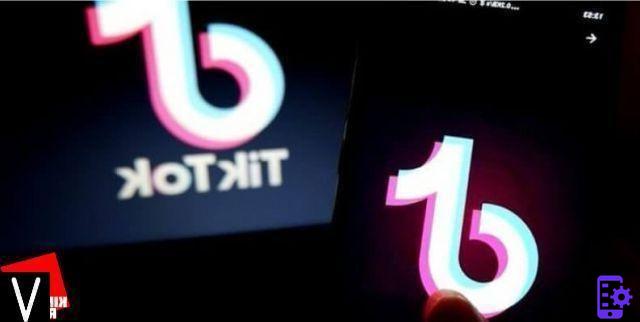
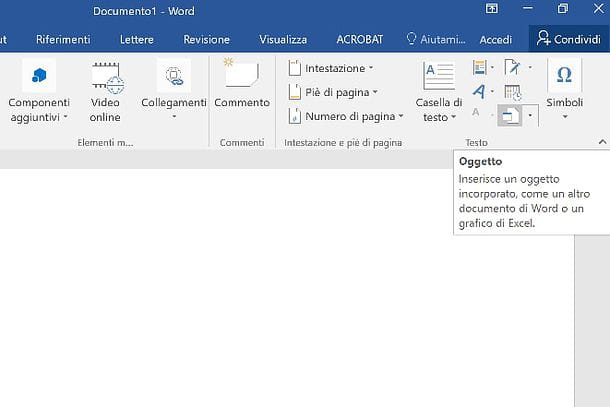
![[Review] Samsung Powerbot VR7000: the robot vacuum cleaner from Star Wars](/images/posts/6bc44de38605b5c0fa12661febb1f8af-0.jpg)

